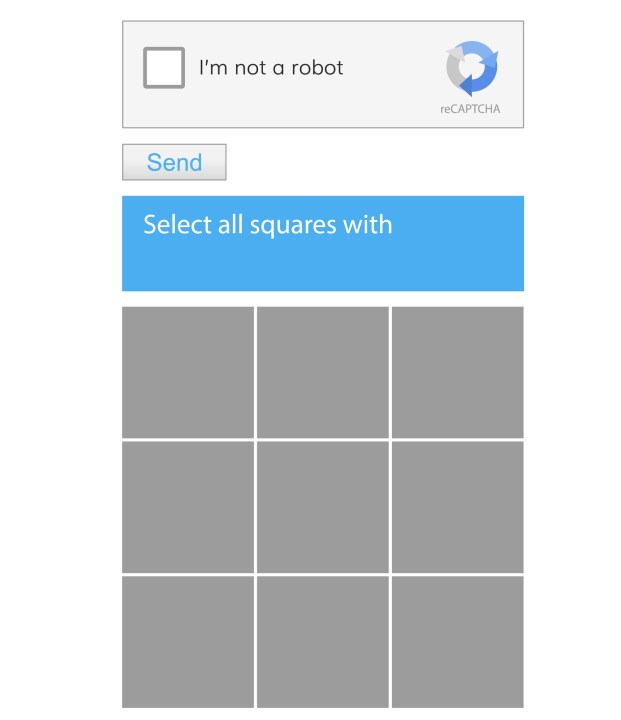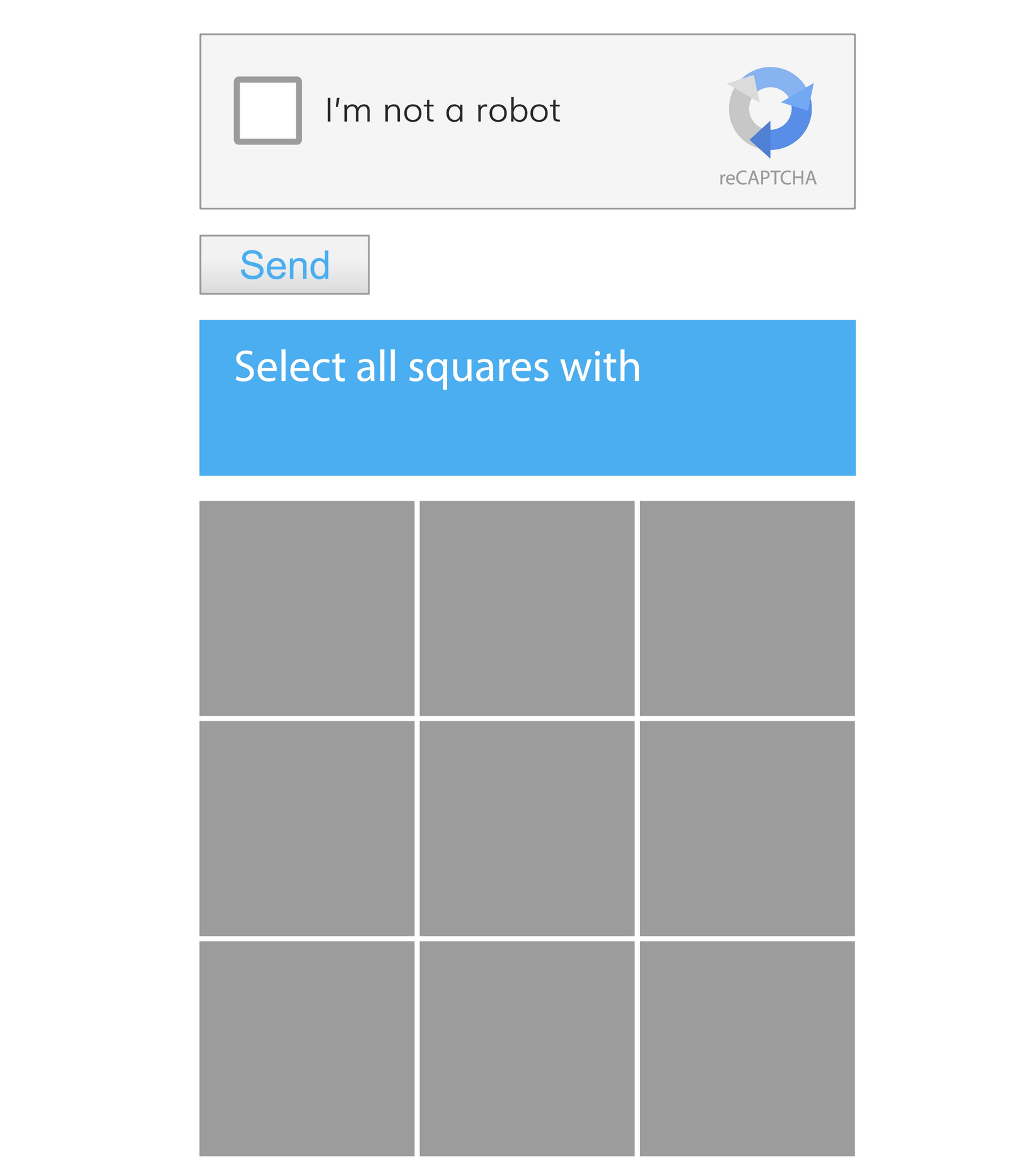It was a line on Poker Face (the excellent US detective drama currently streaming on Now TV) that piqued my interest. Hunched over a laptop, Natasha Lyonne’s heroine, Charlie Cale, claimed to be working as a ‘Captcha technician’ – someone who solves those fiddly, occasionally infuriating internet puzzles for money. You know – the ones that ask you to ‘Select all the squares with traffic lights’, ‘Select all the squares with bridges’ or simply tick a box to say you’re human before you can log into a website.
Given the series has satirised everything from New York City rent controls to multi-level marketing schemes, I originally assumed it must be a joke. But not for the first time the writers had wrong-footed me: it’s actually perfectly possible to earn money (around $1 per 1,000) by solving batches of Captchas from the comfort of your own home.
Who pays for these services in the first place? Like many things involving the underlying plumbing of the internet, the answer isn’t particularly pleasant. It turns out that the legions of hackers, bot networks and web-scrapers who make money from our data, sometimes with malicious intent, are often willing to pay remote workers in order to help them force entry to websites.
So there you have it. But just one more thing, as Cale’s predecessor Columbo used to say: why are Captchas still such a big deal in 2025 anyway, given that artificial intelligence is surely capable of differentiating between photos of motorbikes and fire hydrants?
As much as we might find them annoying, Captchas, which were developed in the early 2000s, still play a vital role in keeping the internet safe, says Matt Bliss, technical director at agency This is Embrace. Though they have got less annoying over the years (apparently), with much of the work happening behind the scenes. ‘We think that Captchas are about solving puzzles, but most of the time it’s just computers talking to computers,’ he tells me over Zoom.
When you try to enter a website, things like your IP address, your browser version, your time zone and even your internet history can help verify that you’re a genuine user. Even crossing that ubiquitous tick-box to say you’re not a robot isn’t without purpose, given that the Captcha can track the way that you moved the mouse. For example, if your clicker travelled in perfectly straight lines at a constant pace, it’s more likely you’re a bot.
By the time you’re asked to complete a puzzle, you’ve already been flagged as a risky prospect, at which point the system flips the burden of proof on to you to prove your innocence. In theory, the tests it gives you are meant to separate robots from humans (hence the full name for Captchas: ‘Completely Automated Public Turing Tests to Tell Computers and Humans Apart’), but is that really the case?
Not quite. Last year, a Zurich-based PhD researcher, Andreas Plesner, developed an AI model to solve the ubiquitous Google Captchas (the ones that use images from Google Maps) with 100 per cent accuracy. ‘It was actually just a side project,’ he tells me over Zoom from California, estimating that the entire endeavour took him and his colleague around ten hours a week over a single semester.
Some have suggested that the age of AI could actually make it easier for websites to detect bots on the basis that they will be the ones who solve Captchas the quickest
So will AI mean the end of Captchas? Not necessarily, say cyber security experts. Ironically, some have even suggested that the age of AI could actually make it easier for websites to detect bots on the basis that they will be the ones who solve Captchas the quickest. By contrast, those users who pause or even make small mistakes are much more likely to be genuine (as Alexander Pope put it, ‘to err is human’).
If Captchas are here to stay, can they at least be improved, so we no longer end up in a loop of repetitive traffic light-based tasks? There are plenty of bright sparks working on that exact question. Researchers at the University of Genoa have devised an alternative test for smartphone users involving simple physical challenges (such as tilting your phone in a certain direction) which bots will find impossible. Meanwhile, programmers at the University of Alberta have suggested ‘contextual Captchas’ which ask intuitive questions (i.e. ‘What do you think happened next?’) based on Dilbert-style comic strips. In theory, sussing these kinds of human narratives will be harder for AI-driven bots to crack – at least for now.
In the meantime, it isn’t just the writers of Poker Face who are having fun with Captchas. On Reddit, a small community of devotees post screenshots of particularly surreal examples of Captcha. Meanwhile the website World’s Hardest Captcha has turned some of the most recognisable formats into a nightmare vortex of endless puzzles, each more difficult than the last.
As for Charlie Cale’s side-hustle solving Captchas for beer money, it looks like it’s safe for now. So perhaps those poor souls in less prosperous countries making their living toiling away on platforms like 2Captcha and CapSolver can also provide some welcome perspective to the rest of us.
After all, if you think having to identify images of tractors when you use a new wifi network is a pain in the neck, then imagine having to do it all day for a job. Forget ‘I am not a robot’: after eight hours of Captchas, you may feel like you might as well be.








Comments